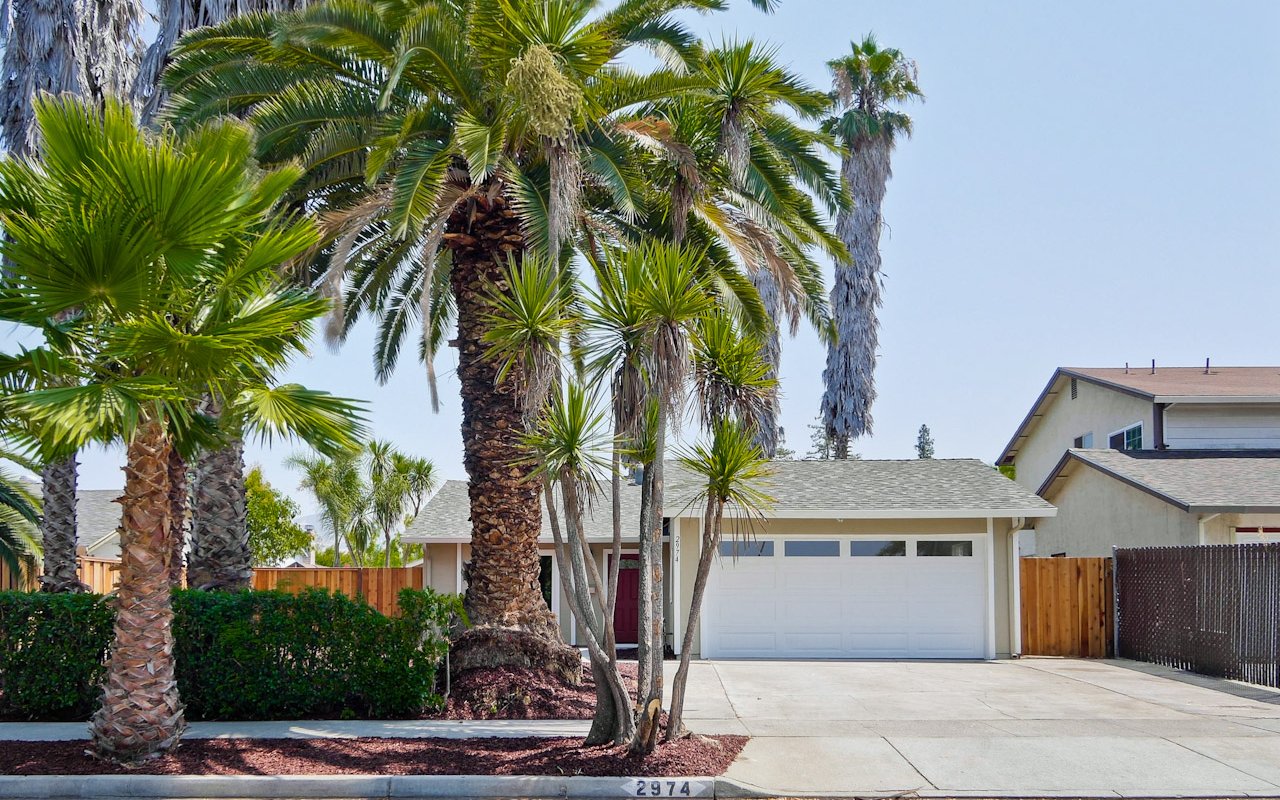
The rent to own market is one that can benefit both the buyer and the seller in the right transaction. Having a clear contract and understanding of terms helps mitigate risk on both sides of the equation.
The Basics of Rent to Own Your Home in San Jose
Today’s lending market has a loan for just about everyone. However, there are consumers who don’t fit into the traditional lender’s guideline book. It might be for a variety of reasons but often has to do with not having enough of a down payment. The rent to own model allows a renter to pay a comparable price as they would if actually renting while accumulating the down payment. This is all done while living in the home they want to buy.
Seller’s Benefit
It may not seem like there is much for a seller to benefit from a rent to own scenario. After all, who doesn’t want to liquidate the home and take their profits and move on, literally? There is a group of sellers out there who aren’t in a rush for the funding and see it as an opportunity to ensure a higher sale price.
Sellers may continue to take advantage of property tax deductions and perhaps mortgage interest. If for any reason the buyers balk on the deal, the seller had income for the property for the duration the buyers were in the property.
Nicer Rental with Caring Upkeep
Both parties win when it comes to property condition on rent to own properties. Renters are usually looking at nicer homes compared to most rental market dwellings in the same price range. On the other side, the seller now has renters with a vested interest in the property to help maintain and care for it.
Elements of the Agreement
There are four basic elements to the rent to own contract: the option money, the purchase price, the rent and the maintenance fees.
- The option money is like a good faith deposit when buying a home traditionally except it isn’t refundable in a rent to own scenario. This is money given to the seller that allows the buyer the option to buy the home later. This option expires if not used. The sellers typically keep the option money.
- The purchase price is the amount the buyer will pay for the home once they execute the option to buy. Negotiating this price is tricky because it needs to consider the future value of the home. It can be hard to know if the housing market will be higher or even lower. The buyer may decide if the market drops to walk away from their option or try to renegotiate. Sellers will look to negotiate higher prices compared to the current market price.
- The rent is the monthly obligation while in the option period. While rent is usually higher than typical rent, a portion is credited toward the purchase price in the home. This might be 25 % of every rent check.
- Maintenance is an option the seller can include. This would be an additional fee to pay property taxes, repairs, and general home maintenance.
Should You Rent to Own Your Home in San Jose?
While rent to own isn’t for everyone, it is a good option when a buyer and seller both see the value in the arrangement. The buyers get time to fix issues preventing financing today but still get the property. The sellers get option money with the potential of a future higher value sales price.
Buyers need to work diligently to execute the option and be prepared to qualify for a traditional loan by the time the option is due. Check credit and talk to a lender early in the rent to own process so you can establish the right elements of credit and income to qualify for a loan that buys out the seller at the option execution.
If you’re looking for more information about rent to own properties, we can help.

